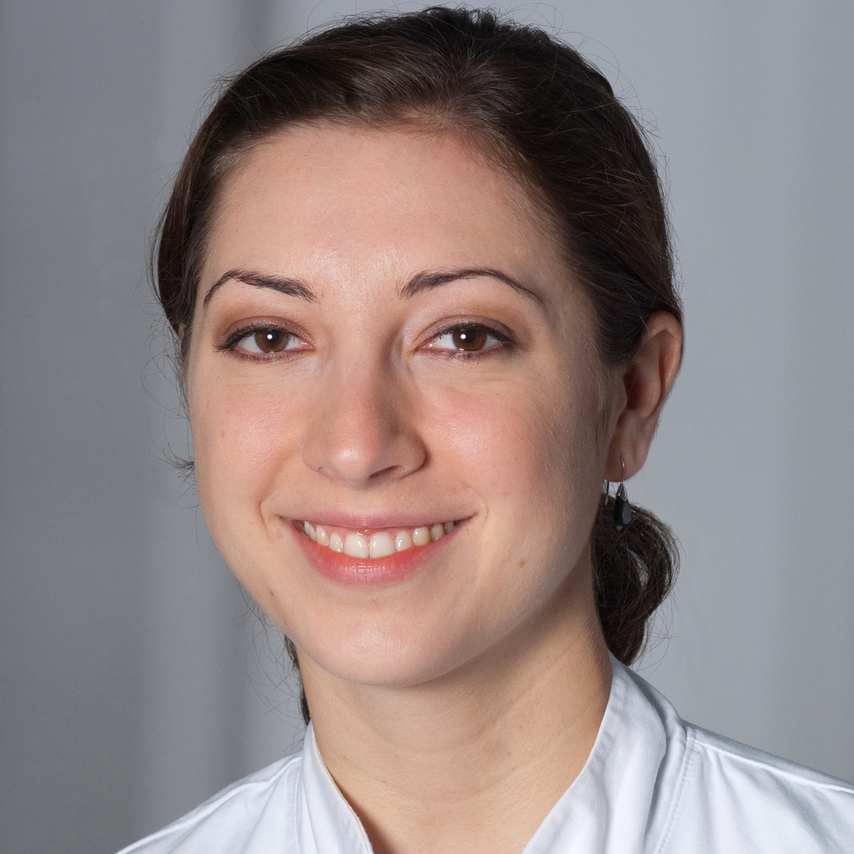First author Dr. Maura Zylla, from Professor Dierk Thomas's research group, analysed data from 166 patients from eight hospitals hospitalized for SARS-CoV2 infection between March and June 2020. "Our research focus is cardiac arrhythmias, and although the first wave had already investigated how COVID-19 affects the heart and circulation, there was little data on this aspect," Zylla said.
The study found that 20.5 percent of the patients examined showed cardiac arrhythmias during their hospital stay; in most cases, it was atrial fibrillation. The irregular heartbeat occurred more frequently than other cardiovascular events in COVID-19 patients, such as heart muscle inflammation or heart attacks. In 10 percent of the patients recorded, the heart went out of rhythm for the first time during the hospital stay. If the patients were older or had a history of heart disease, the likelihood of cardiac arrhythmias increased.
A possible indication of a risk group
To investigate whether an irregular heart rhythm could be relevant to the course of COVID-19, Zylla analysed how long the patients had been in hospital, whether they were in an intermediate- or intensive-care-unit, were artificially ventilated, and how many patients from this collective with COVID-19 died.
The presence of cardiovascular disease was generally associated with increased mortality. Concerning cardiac arrhythmias, there was a statistical clustering of longer hospital stays and artificial ventilation. Markers of inflammation and heart muscle damage increased in the blood of COVID-19 patients with arrhythmias. "These statistical analyses show correlations. One cannot deduce causal relationships from them, for example, that arrhythmias cause a severe course," explains the Heidelberg cardiologist. "These correlations must now be investigated in larger prospective studies." However, the results showed how important it is to raise awareness of cardiac arrhythmias in COVID-19 because they could warn of a severe course.
Original publication: Predictors and Prognostic Implications of Cardiac Arrhythmias in Patients Hospitalised for COVID-19. Zylla MM, Merle U, Vey JA, Korosoglou G, Hofmann E, Müller M, Herth F, Schmidt W, Blessing E, Göggelmann C, Weidner N, Fiedler MO, Weigand MA, Kälble F, Morath C, Leiner J, Kieser M, Katus HA, Thomas D. J Clin Med. 2021 Jan 2;10(1):133.
DOI: 10.3390/jcm10010133
Scientific contact: Maura Magdalena Zylla, MD, Department of Cardiology, Angiology and Pneumology, Heidelberg University Hospital, maura.zylla(at)med.uni-heidelberg.de
Contact: Christine Vollgraf, Press and Public Relations, German Centre for Cardiovascular Research (DZHK), Tel.: 030 3465 529 02, presse(at)dzhk.de



